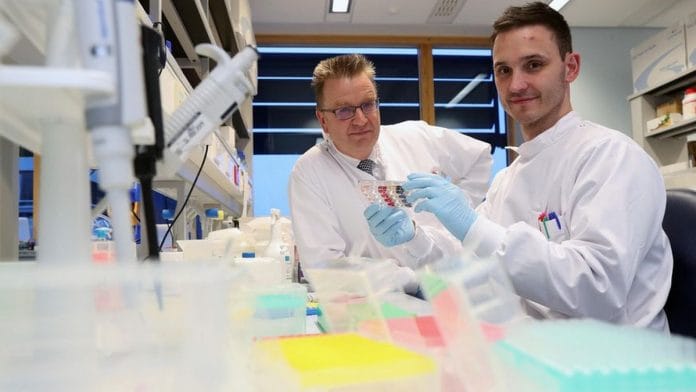Bengaluru: Scientists have accidentally discovered cells in the immune system that can kill several kinds of cancer. The cells, called T-cells, have special receptors that can destroy cells associated with cancers of the lung, skin, bone, blood, colon, pancreas, kidney, breast, prostate, ovary, and cervix, while ignoring healthy cells.
In the laboratory mice and dish experiments, the researchers showed that T-cells could detect this range of cancerous cells and differentiate them from healthy cells. They discovered the cell by accident while examining blood samples from a blood bank.
The finding could provide an impetus in the elusive cure for cancer by providing a one-size-fits-all therapy. The study was published in Nature Immunology this week.
Also read: Scientists write to US universities for inviting ‘anti-science’ activist Vandana Shiva
The T-cells
T-cells are a kind of white blood cells in the immune system. Along with the rest of the immune system, they help fight infections and other attacks on the body. The researchers propose that the receptors in these cells interact with a molecule called MR1 to aid in the detection of cancer.
The MR1 molecule is present on the surface of all human cells, including infected and cancerous cells, and the researchers think it could be able to signal compromised metabolism of a cell to the receptors of the T-cells.
“Cancer-targeting via MR1-restricted T-cells is an exciting new frontier,” lead author of the study, Andrew Sewell of the Division of Infection and Immunity at Cardiff University, UK, said in a press statement. “It raises the prospect of a ‘one-size-fits-all’ cancer treatment; a single type of T-cell that could be capable of destroying many different types of cancers across the population. Previously nobody believed this could be possible.”
Sewell said the immune cell may be “quite rare, or it could be that lots of people have this receptor but for some reason it is not activated. We just don’t know yet”.
Also read: Breast cancer detection gets a boost from Google and artificial intelligence
A big leap
The finding is an important step in immunotherapy treatment for cancer. This is the process of using the body’s natural immunity to attack cancerous cells and tumours, and has seen advances of late, such as the CAR-T treatment, which is however specific to individual human bodies.
The new research is still in early stages and not yet ready to be taken out of the laboratory and tested on humans.
Once the researchers can ensure that T-cells attack only cancerous cells, they hope to try this treatment approach in patients towards the end of this year following further safety testing. “There are plenty of hurdles to overcome however if this testing is successful, then I would hope this new treatment could be in use in patients in a few years’ time,” Sewell said.
The research was funded by the Wellcome Trust, Health and Care Research Wales and Tenovus.
Also read: High CO2 levels, vanishing glaciers, extinctions – why climate change is more real in 2019







God be praised.
Protest all you want, won’t take back CAA: Amit Shah is a bad ass front pager when the news of the day must have been the UK scientists finding a cure for cancer. Sheesh, even the Print